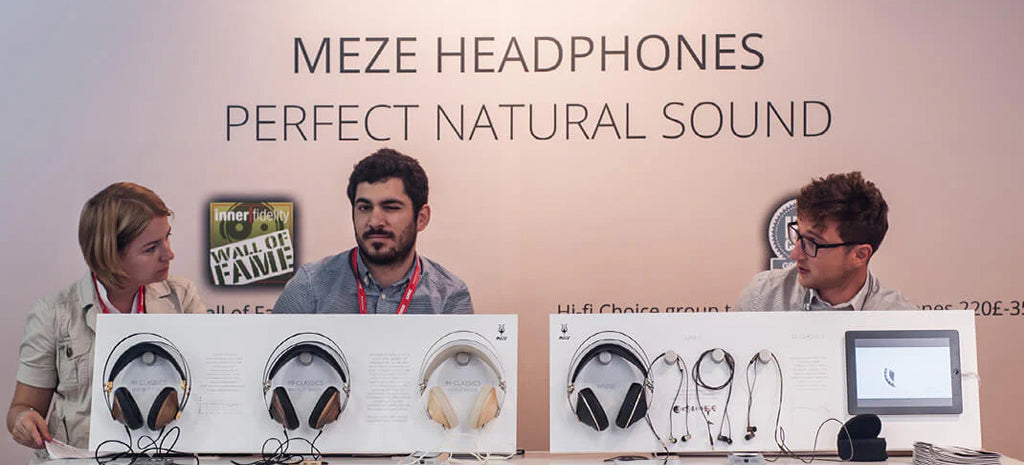Individuals and small startups are usually held to be lagging behind when it comes to the research resources that big companies enjoy. However, this disparity is greatly diminished in the domains that emphasize creativity, where one single novel idea is often enough to make a difference. No matter how big and rich a company you are, you just cannot plan in advance for a steady flow of innovation.
At Meze, as in most small companies, the information flows seamlessly between the members of our team. The information flows seamlessly between the team and our clients. A mail from the marketing department to the engineering department? Think rather a shout across the table.
And fortunately there is a reliable, powerful and accessible tool on which any creator can rely: the universal human nature. Our bodies and brains have a common architecture. Alongside a vast ocean of individual differences we find an even wider realm of species-typical commonalities.
Take for example the highly limited range of comfortable temperatures at which we operate, the preference for sunny days, the fact that some combination of sounds can insult or please us... Or take the threshold of pain, which, though varying from person to person, is not that different that we are clueless as to whether someone would enjoy being bitten or not. Heck, we can all relate to mild displeasure such as waking up with a numb arm.
Implicit and invisible most of the time - this apparently irrelevant information for everyday life is the foundation for every relatable work: the author is, in so many ways, one of us. We hold Shakespeare or Kurosawa or Gaudi to be unique not because they are so different from the rest of us that their creations are completely alien, but because their work is ever so comprehensible and universal. This is the invisible ingredient of originality, otherwise we would just register it as noise.
You can rely on the fact that your tastes and preferences are unlikely to be unique. Even better, your dislikes are an even more reliable source. If something seems ugly, feels uncomfortable or unpleasant to the touch, then it’s not just you. Human feedback is often skewed, as negative experiences loom larger in our minds than positive ones. We learn more from negative reactions, there is less diversity to be found in aversions than in preferences and, for the most part, knowledge of what is bad is more reliable than knowledge of what is good.
An inventor or small group (startup) uses this powerful tool: our common makeup. Prototype after prototype can be tested with only a few people. Only the exotic issues can remain hidden - and most of the big research budgets of large companies go here. But finding out if a concept is fundamentally good is not out of range for those that dream big.



